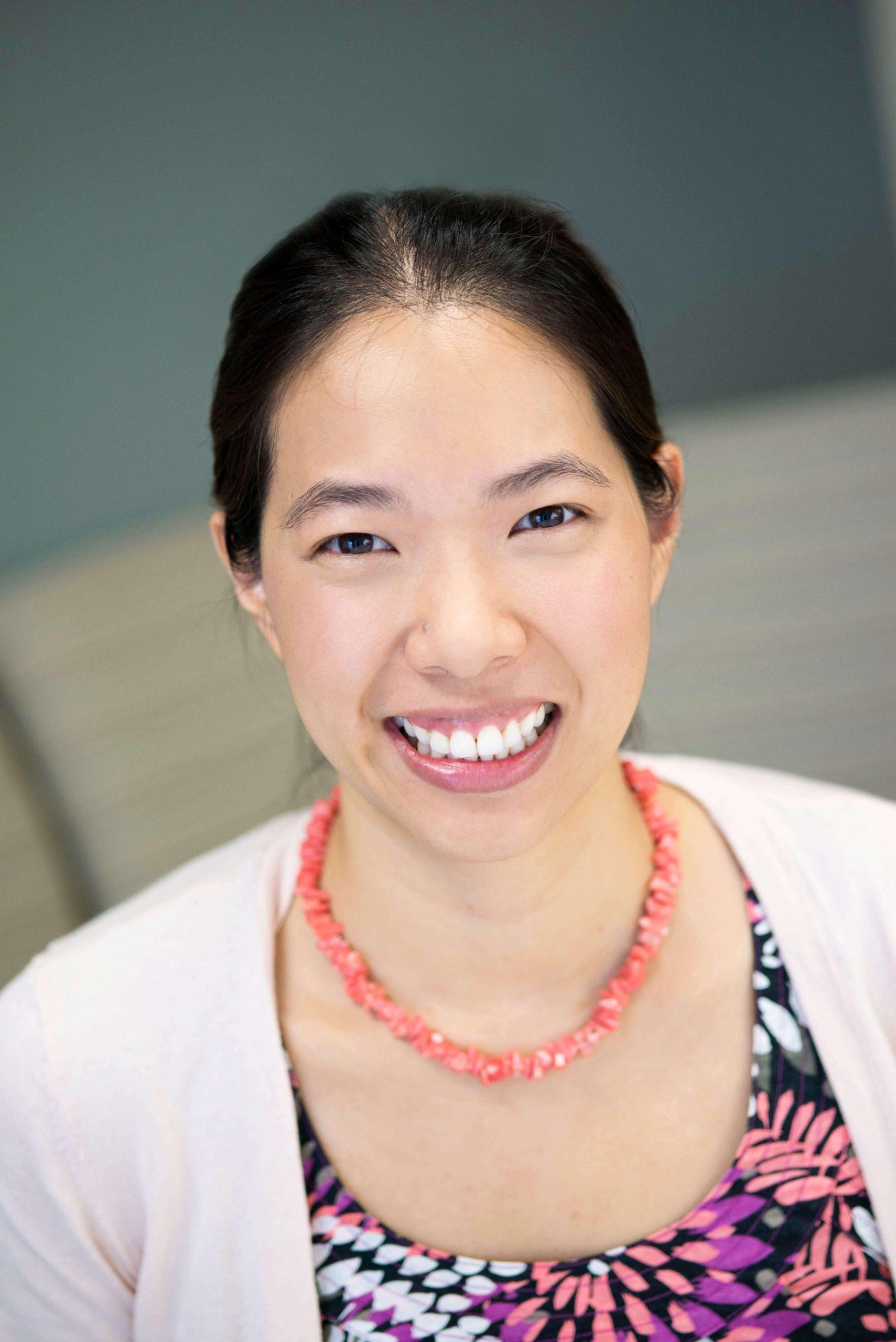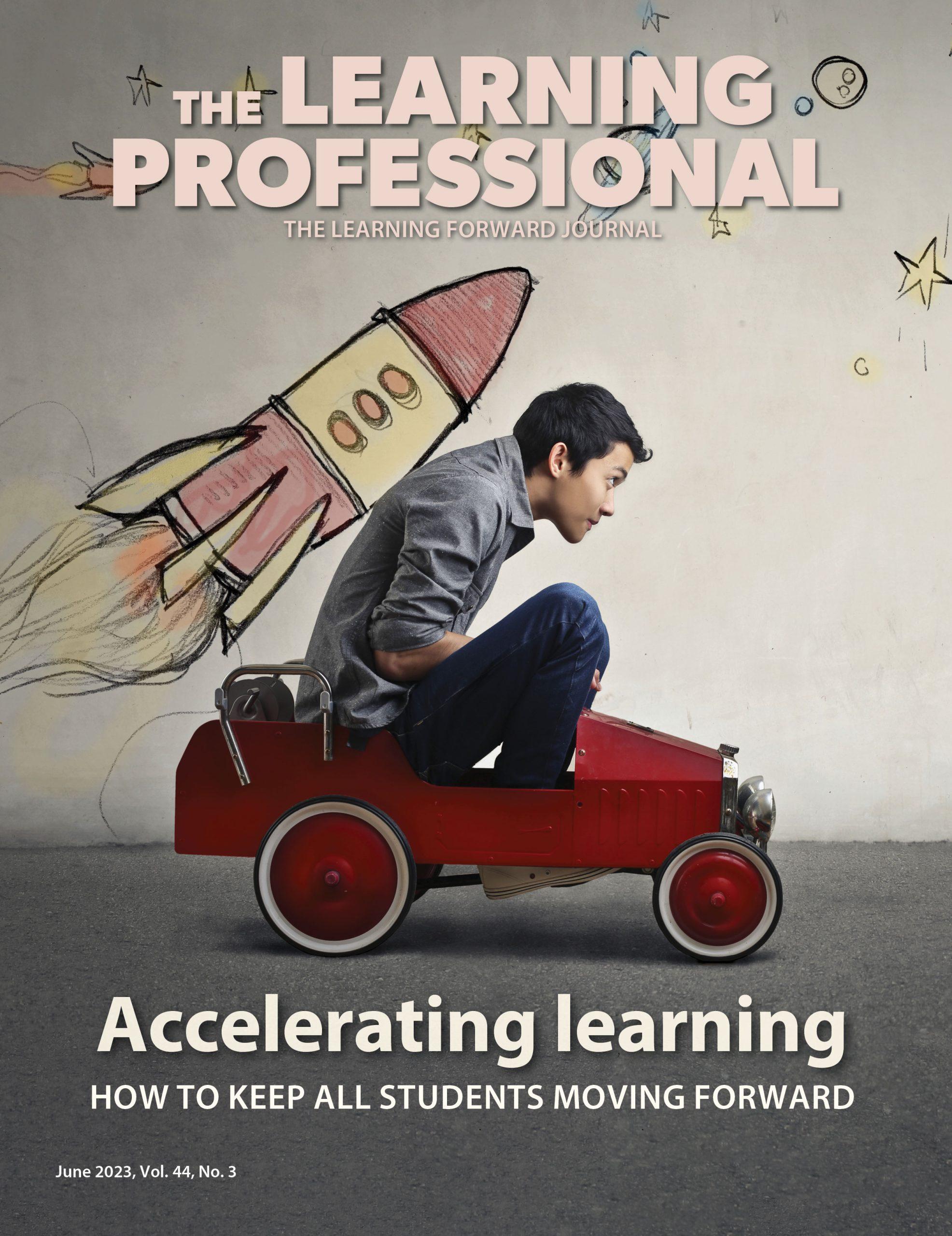FOCUS
Should groups set their own norms? Maybe not
By Joyce Lin and Ayanna Perry
Categories: Collaboration, Equity, Facilitation, Fundamentals, Implementation, Learning communities, Learning designsFebruary 2022
Read the remaining content with membership access. Join or log in below to continue.
Sed ut perspiciatis unde omnis iste natus error sit voluptatem accusantium doloremque laudantium, totam rem aperiam, eaque ipsa quae ab illo inventore veritatis et quasi architecto beatae vitae dicta sunt explicabo. Nemo enim ipsam voluptatem quia voluptas sit aspernatur aut odit aut fugit, sed quia consequuntur magni dolores eos qui ratione voluptatem sequi nesciunt. Neque porro quisquam est, qui dolorem ipsum quia dolor sit amet, consectetur, adipisci velit, sed quia non numquam eius modi tempora incidunt ut labore et dolore magnam aliquam quaerat voluptatem.
References
Allen, D. & Blythe, T. (2015). Opening the meeting. In Facilitating for learning: Tools for teacher groups of all kinds(pp. 32-43). Teachers College Press.
Lakey, G. (2010). Facilitating group learning: Strategies for success with diverse adult learners. John Wiley & Sons.
McDonald, J., Mohr, N., Dichter, A., & McDonald, E. (2013). The power of protocols: An educator’s guide to better practice (3rd ed.). Teachers College Press.
National School Reform Faculty. (2014). Setting agreements activity. www.nsrfharmony.org/wp-content/uploads/2017/10/SettingAgreementsW-Examples_0.pdf
Sensoy, O. & DiAngelo, R. (2014). Respect differences? Challenging the common guidelines in social justice education. Democracy and Education, 22(2), 1-10.
Categories: Collaboration, Equity, Facilitation, Fundamentals, Implementation, Learning communities, Learning designs
Recent Issues
TAKING THE NEXT STEP
December 2023
Professional learning can open up new roles and challenges and help...
REACHING ALL LEARNERS
October 2023
Both special education and general education teachers need support to help...
THE TIME DILEMMA
August 2023
Prioritizing professional learning time is an investment in educators and...
ACCELERATING LEARNING
June 2023
Acceleration aims to ensure all students overcome learning gaps to do...













